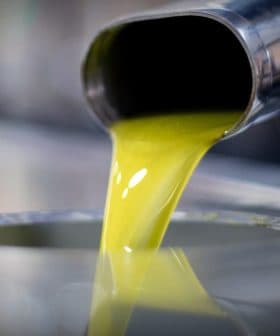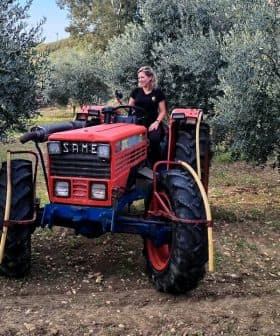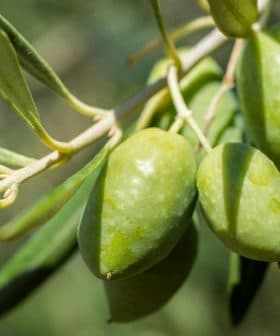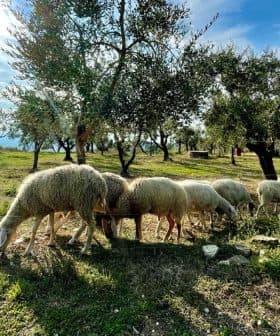Regenerative Ag Practices Improve Profitability of Steep-Slope Olive Farms
After finding that soil health improved in abandoned steep-slope olive groves, researchers determined organic and regenerative farming could yield similar results.
Researchers in Andalusia found that regenerative and organic agricultural practices in steep-slope olive groves improve profitability and sustainability, while continuous tillage degrades soil health and increases erosion, affecting nearly 30% of olive groves in the region. By following no-till practices and encouraging vegetal cover between olive tree rows, farmers can protect the soil from erosion, improve water retention, and create habitats for natural predators of olive pests, ultimately making their cultivation more profitable and sustainable.
Researchers in the southern Spanish region of Andalusia have found that following regenerative and organic agricultural practices in steep-slope olive groves improves profitability and sustainability.
The investigators from the Institute of Agricultural and Fisheries Research and Training (Ifapa) and the University of Granada determined that cultivation systems involving continuous tillage degrade soil health and increase erosion.
If (regenerative and organic agricultural practices) were implemented, farmers could access public financial aid for this type of crops, and their production would be more profitable.
According to the researchers, about 495,400 hectares of olive groves in Andalusia, 29.6 percent of the region’s total olive grove surface area, are cultivated on slopes with a gradient of more than 20 percent.
Abrupt topography, irregular elevations and challenging accessibility characterize steep-slope olive groves. Due to these factors, steep-slope olive groves often suffer from poor soil quality, including a lack of nutrients, which leads farmers to till the soil and apply fertilizers annually.
See Also:Climate Change Threatens Steep-Slope AgricultureAs a result of the relatively poor soil quality and inability to mechanize the groves, farmers growing olive trees in these demanding landscapes face diminished economic returns and soaring production costs.
“For these reasons, many plots end up being abandoned,” said Francisco Bruno Navarro, a lead researcher at Ifapa. “This causes the loss of socioeconomic activity in different sloping olive grove areas, such as Jaén, Granada, Málaga and Córdoba, which account for 26 percent of the total surface area ofthis crop in Andalusia.”
In a study published earlier this year in Renewable Agriculture and Food Systems, the researchers found that soil health and biodiversity generally improve in steep-slope olive groves after they are abandoned, which revives ecological functions.
However, the researchers added that these results of abandonment could be achieved through regenerative and organic farming practices, allowing farmers to improve soil health and increase the profitability of their steep-slope olive groves.
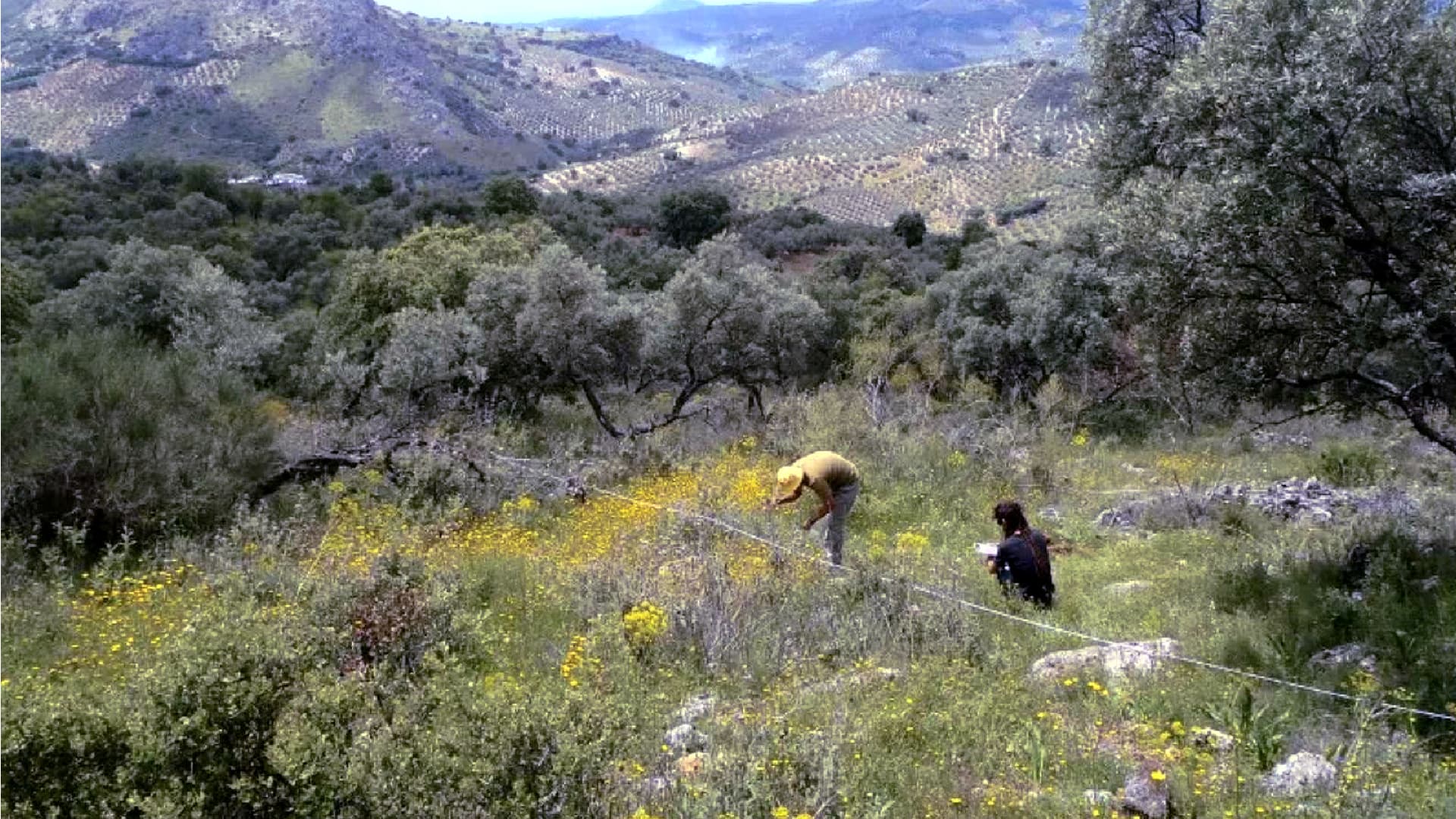
Steep-slope olive groves in Andalusia
The primary way for farmers to achieve this is to follow no-till agricultural practices and encourage the growth of vegetal cover between olive tree rows, which researchers found protected the soil from erosion, improved water retention and created habitats for natural predators of pervasive olive pests.
“It is a more natural and profitable cultivation system that helps stop erosive processes and the scarcity of biodiversity,” Bruno Navarro said.
The researchers reached these conclusions after thoroughly evaluating land management practices across 20 diverse plots scattered throughout the most significant olive-growing regions in Spain, including the Andalusian provinces of Córdoba, Jaén, Granada and Málaga.
These selected plots represented a spectrum of conditions, ranging from arid and dry to humid and fertile, allowing for a detailed comparison of various farming approaches.
The study examined six cultivation systems, each revealing its ecological footprint: organic with soil tillage, organic with spontaneous cover, conventional, conventional without tillage, abandoned and those in the process of abandonment.
Researchers undertook a deeply detailed assessment of biodiversity in terms of flora and the world of Lepidoptera, an order of insects that includes moths and butterflies.
Based on their findings, the research determined that conventional tillage practices were more erosive and resulted in soil degradation.
On the contrary, the ecological approach, characterized by cultivating a protective vegetation cover, yielded the best results regarding ecosystem health and olive grove profitability.
“In addition, if it were implemented, farmers could access public financial aid for this type of crops, and their production would be more profitable,” Bruno Navarro said.
The prospect of accessing public financial support under the latest iteration of the Common Agricultural Policy for adopting these organic methods could improve the economics of steep-slope agricultural landscapes.
With the foundation laid, the researchers set their sights on investigating the microbiological side of uncultivated or vegetation-covered olive groves, searching for the duration required for soil to adapt to new growth conditions.
“We want to check how long it takes for the soil to adapt to the new growing conditions, define how the climate influences this change and evaluate issues such as carbon fixation to explore all the advantages of abandoned ecologically sloped olive groves,” Bruno Navarro said.
Share this article



